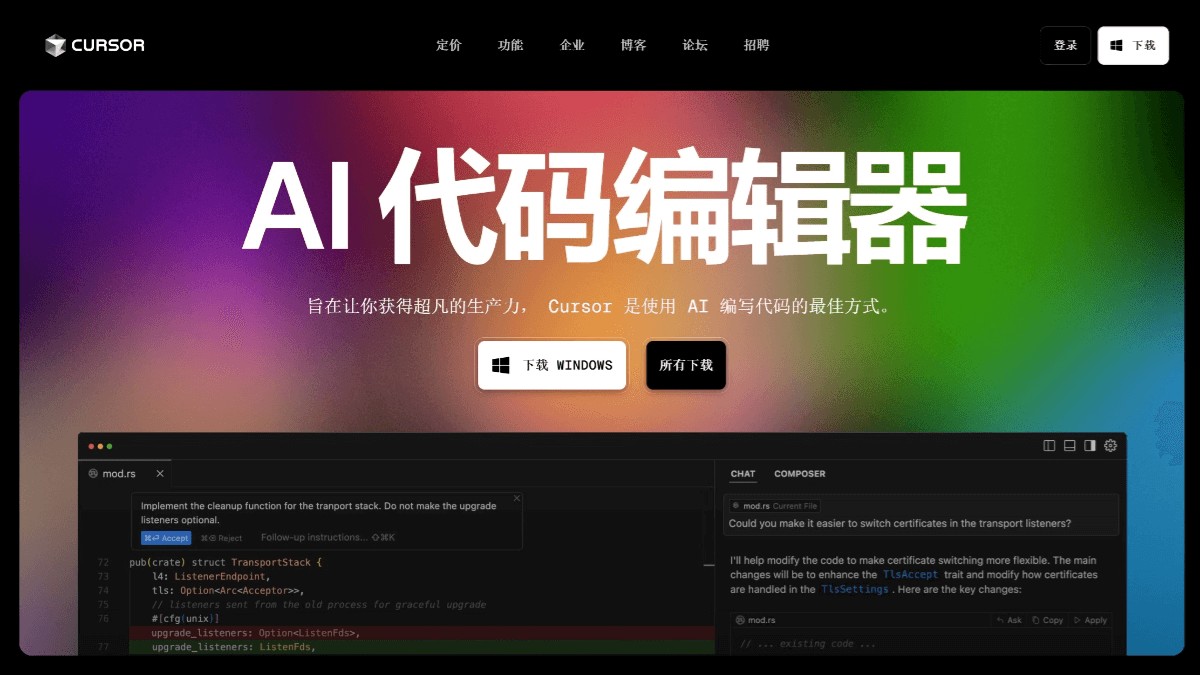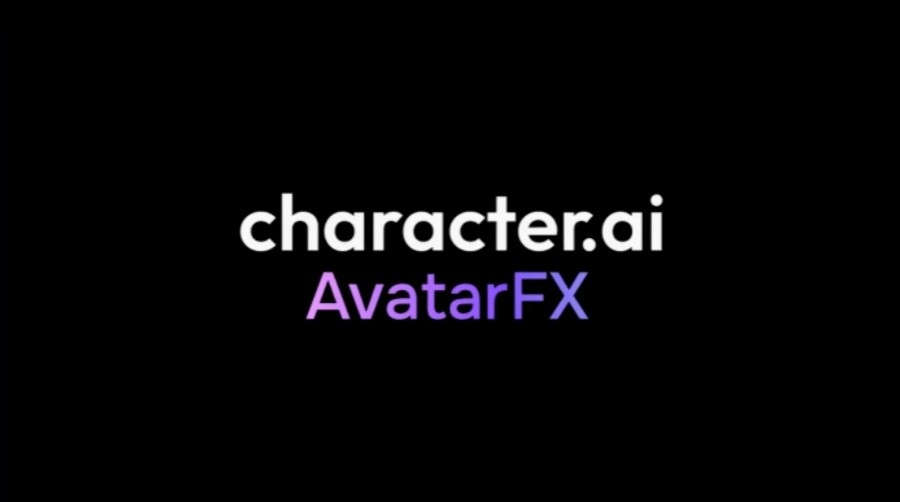Technology companies are relentlessly pursuing the integration of AI into every aspect of their products, from enhancing existing products to launching entirely new AI solutions. Competition in this space is fierce, with leading companies vying to develop cutting-edge models to ensure they are at the forefront of the next wave of technological innovation.

Google has released Gemini 2.0, a new version of its flagship AI model designed to be the basis for GenAI agents and assistants.
The search giant has been organizing the world's information for 26 years. Late last year, the company launched Gemini 1.0, which it claimed was the first model to be natively multi-modal. Google is now expanding its efforts into artificial intelligence, aiming to reshape how information is structured and accessed.
“No product is more transformed by AI than search,” Google CEO Sundar Pichai shared in a blog post. “Our AI now reaches 1 billion people, enabling them to ask entirely new types of questions, quickly becoming our One of the most popular search features ever created."
"Next, we will bring Gemini 2.0's advanced reasoning capabilities to AI Overviews to solve more complex topics and multi-step problems, including advanced mathematical equations, multi-modal querying and encoding. We are starting limited testing this week and are It will be rolled out more broadly early next year and we will continue to introduce AI Overview to more countries and languages.”
A standout feature of the new model is Gemini 2.0 Flash, which Google claims "outperforms the 1.5 Pro in key benchmarks and is twice as fast" and supports multi-modal input such as images, text, video and even multi-language audio. It also supports multi-modal output such as locally generated images mixed with text and manipulated text-to-speech (TTS) audio.

The speed and efficiency enhancements make Gemini even more suitable for applications that require fast responses, such as artificial intelligence agents and real-time assistants.
The model also has built-in support for external tools such as Google search and third-party features. This enables it to gather information, perform tasks and improve efficiency across a range of use cases.
Google said that developers can test Gemini 2.0 Flash through Google Artificial Intelligence Studio (AI Studio) and Vertex AI (Vertex AI), and plans to fully launch it in early 2025. The chat-optimized version of the 2.0 Flash Experimental release is available on PC desktop and mobile web, and is expected to be available on the Gemini mobile app soon.
To address concerns about the misuse of AI-generated content, Google has integrated its SynthID watermarking technology into all audio and video output produced by Gemini 2.0 Flash.
Google is also exploring the proxy possibilities of Gemini 2.0. The company has launched a new feature called Deep Research, designed to help users conduct detailed online research. The tool allows users to enter a question and then create a research plan that can be modified or approved.
Once approved, the system automatically navigates the network, gathering and refining relevant information over several iterations. The end result is a brief report summarizing the main findings, with source links for further review.

Deep Research is ideal for use cases involving in-depth analysis as it reduces the time spent on manual research. This allows users to shift their attention to higher-level tasks such as critical analysis and creative input.
Google noted in a Deep Research blog post: “Earlier this year, we shared our vision of building more agent capabilities into our products; Deep Research is the first in Gemini to make this vision a reality. feature. "We built a new agent system that leverages Google's expertise in finding relevant information on the web to guide Gemini's browsing and research."
Gemini 2.0 enhances Google's Project Astra, a vision system designed to identify objects, aid navigation, and even help locate misplaced items. With the Gemini 2.0 upgrade, Astra's capabilities have been expanded, providing more precise object recognition and improved real-time assistance.
Other notable upgrades include the new Mariner program, formerly known as Jarvis. This is an experimental Chrome extension that allows an AI agent to run the browser for the user. Gemini 2.0 is also improving Jules, an AI-driven tool designed to help developers locate and fix bugs in their code.
It wouldn't be surprising if Google integrated Gemini 2.0 into its entire ecosystem. The model will power AI Overviews in Google Search, which currently has more than 1 billion users. While issues like inference cost and performance efficiency remain, Google may also have to contend with emerging threats, such as security risks posed by autonomous agents.

Gemini 2.0 will have a major impact as Google prepares to expand its reach. Although it's still early days, plans to adopt it on Google platforms demonstrate Google's strong commitment to integrating advanced artificial intelligence into everyday technology.




